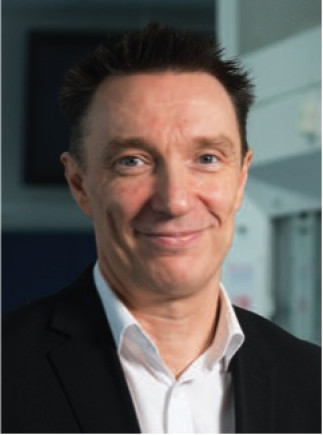Conférence de chimie avec le professeur Andrew I. Cooper de l’University of Liverpool
Titre: '' Designing function in molecular crystals ‘from scratch’ using energy–structure–function maps''
Endroit : Pavillon Roger-Gaudry, salle S-142
Heure : 11:00 AM
Hôte : Professeur Jim Wuest
Résumé :
Porous molecular crystals are an alternative to porous extended frameworks such as zeolites, metal-organic frameworks (MOFs), covalent organic frameworks (COFs), and polymer networks.1 Interest in such systems predates MOFs, tracing back to Barrer’s first ‘organic zeolites’,2 but only recently have molecular crystals started to show physical properties that are competitive with extended, bonded frameworks.3
However, molecular crystals—porous or otherwise—pose problems in terms of the purposeful design of function.4 This is because the energy landscape for molecular crystals is typically not dominated by a single intermolecular interaction, unlike bonded crystalline frameworks. Hence, molecular crystal engineering has so far failed to become the “new organic synthesis” that was envisaged,5 and extended, bonded frameworks have recently dominated the scene. They do not follow the isoreticular scheme that defines the strategy for MOFs and COFs.6
This lecture will discuss the design and synthesis of new functional organic crystals using computationally-led approaches.7 In particular, we will discuss a new approach for designing function in molecular crystals, based on knowledge of the building blocks alone, by constructing “energy–structure–function maps”.8,9 I will show that this design strategy works for both known molecules10 and for hypothetical molecules that have not yet been made in the laboratory.8 I will also outline our future vision for the direct integration of materials properties predictions with mobile laboratory robots, thus allowing the semi-autonomous discovery of new materials with properties that would be hard to access by more conventional methods.

